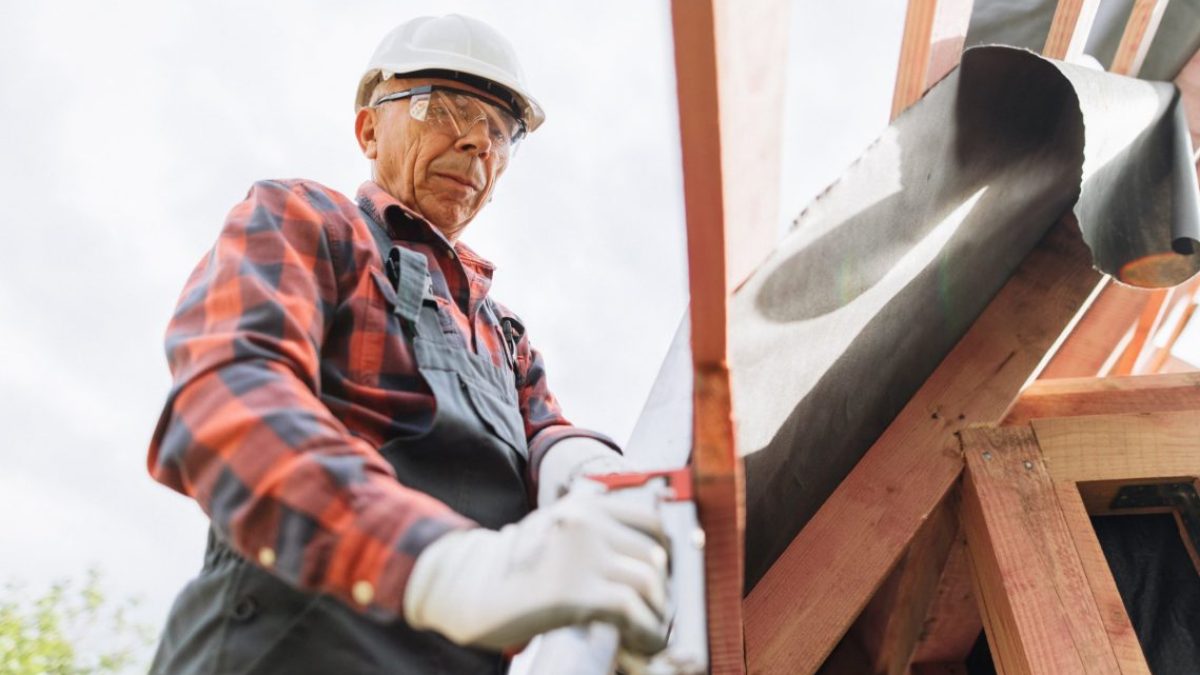Experts have warned that those doing the most physically demanding jobs are most likely to be left struggling if they’re forced to work for longer
Those who work physically demanding jobs are the most likely to be affected if the state pension age is raised to 70, experts have warned, as they could have to stay in employment longer than previously expected or retire with less income.
Carers, warehouse workers, tree surgeons, miners, roofers, scaffolders, fishermen, and agricultural workers are amongst those who could be hit the hardest if Labour went ahead with plans to tie future increases to life expectancy.
Dr Suzy Morrissey, the deputy director of the Pensions Policy Institute, has been commissioned by Liz Kendall, the Work and Pensions Secretary, to review the official retirement age.
She said she would examine the “merits” of automatic increases to help bolster the public finances, adding that she would also look at the experience of other countries that already automatically link payments to life expectancy, including Denmark, which recently raised its retirement age to 70.
Sir Steve Webb, former pensions minister and now partner at LCP, warned that those doing heavy manual jobs are likely to struggle to keep working later in life due to the physical toll.
He said: “One of the problems with having a single pension age for everyone is that not everyone finds it equally easy to work up to that age.
Those doing heavy manual jobs are likely to struggle to keep going into their late sixties as state pension age rises and may face a gap between ending work and being able to draw a pension.
This issue doesn’t just apply to traditional physical jobs but to anyone doing a particularly demanding job where they may simply be worn out by their mid-sixties or before.”
According to Active Careers, car mechanics, landscapers, engineers, carpenters, electricians, and those working in the public sector – like firefighters, doctors, and paramedics – also require a considerable amount of physical strength.
Currently, the state pension age in the UK is 66. The state pension age will start to rise to 67 from next year and is currently scheduled to rise again to 68 between 2044 and 2046. Any planned increases beyond this are likely to be at least another decade away.
But politicians have previously tried to bring forward increases amid concerns about the burden placed on public finances by the triple lock, which ensures the state pension rises by at least 2.5 per cent each year.
Alice Haine, personal finance analyst at Bestinvest by Evelyn Partners, said extending the age at which people can claim the state pension risks pushing up unemployment levels across the board as some may choose to exit the labour market early or struggle to find work later in life.
She said: “The nature of these roles places significant strain on the body and physical resilience declines with age, forcing some to exit the workforce earlier than planned.”
Those unable to work due to ill health could be affected too, meaning they may rely on benefits for longer as opposed to claiming their state pension.
She continued: “This is particularly the case for the looming increase to the state pension age to 67, as inactivity levels due to ill health among older workers is on the rise – something exacerbated by NHS backlogs that make it harder for people to access the healthcare they need.
“With benefit levels typically lower than the state pension, the financial strain on those unable to work intensifies.
This raises the risk that more people face financial hardship later in life as their reduced earning power limits their potential to save and invest for their retirement.”
Sir Steve said the best antidote to this is to help people retrain and move to less demanding jobs as they get older. But it’s common for people to stay in tough jobs until they can carry on no more, he said.
“Perhaps until they go off sick, and at this point find it much harder to switch into something completely new.
The idea of a ‘mid-life’ MOT covering both finances and career planning in good time could be really valuable in helping to diminish this problem.”
A change in the state pension age could also impact when you can access your pension, which is currently 55 but increasing to 57 in 2028.
Tom Selby, director of public policy at AJ Bell, said: “That’s driven by the rise in the state pension age, with the age at which you can access private pensions coming 10 years before you can claim the state pension.
“While the two aren’t formally linked and it isn’t set in stone that a rise in state pension age means the normal minimum pension age (NMPA) will also go up, it has been seen as a sensible step to ensure people don’t access their private pension too early and run out of money.
So, it’s quite possible that future state pension age increases could also prompt a rise in the NMPA.”
If that happens it will mean anyone with defined contribution (DC) pensions will need to wait longer before they can access that money.
He added: “However, that shouldn’t be a major issue for most people. Retiring in your late 50s is really only possible if you have a large retirement pot or plan to live fairly frugally.
Some people will choose to tap into their tax-free cash before they stop working, but in most cases, it is likely people will want to start drawing an income in their 60s, so increasing the NMPA to 58 or 59 won’t make too much difference.”
If you are absolutely set on retiring in your mid-50s, he suggested thinking about drawing on other assets, like ISA accounts, in the early years of retirement.
The Government has been contacted for comment.
